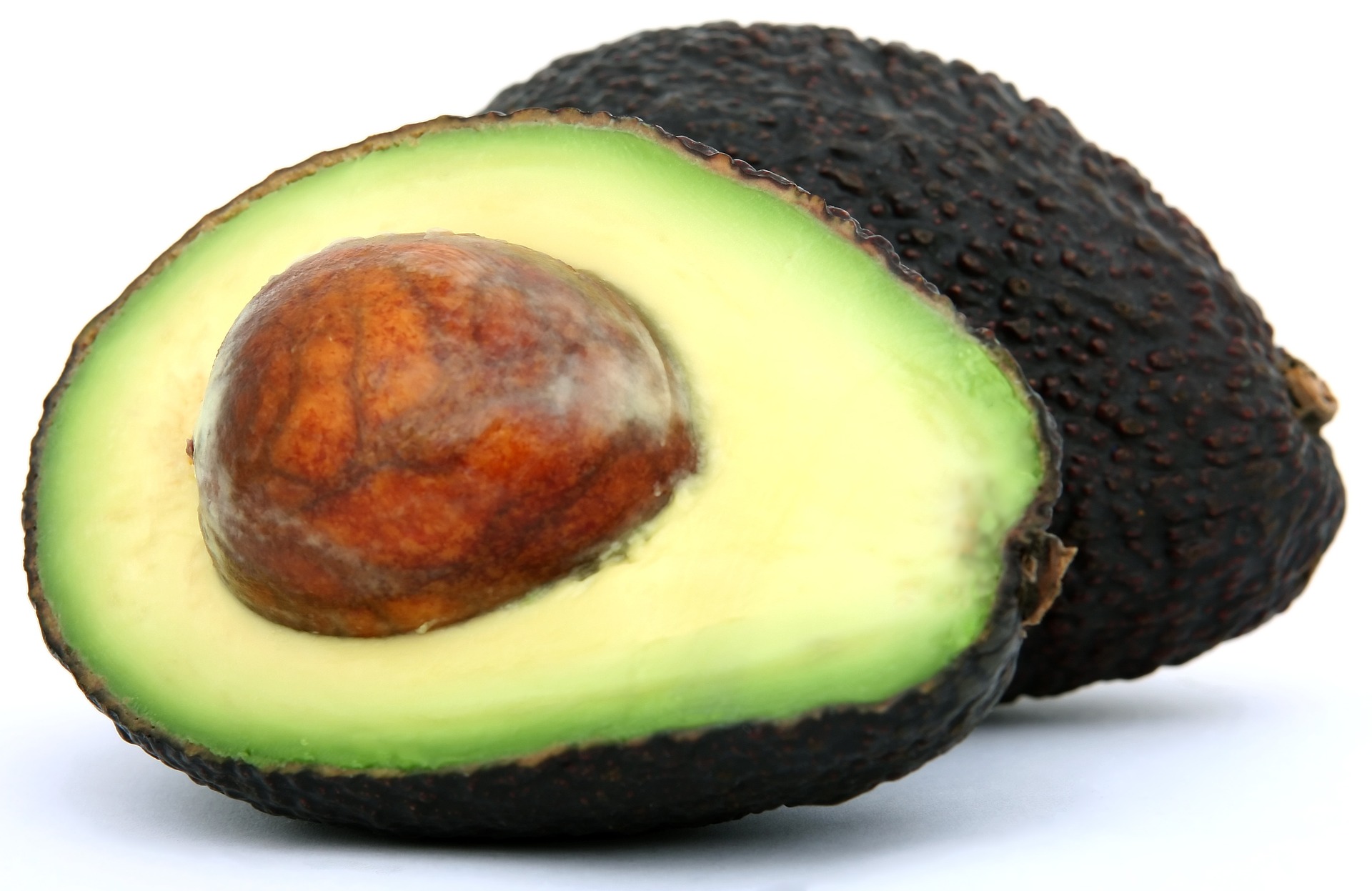Mexico is one of the leading producers and exporters of avocados, with 40% of the market, along with Peru and Chile.
The United States had initially banned imports from Mexico, the largest producer, which could undermine the entire American production sector.
In 1993, however, the North American Free Trade Agreement (“nafta”) between the United States, Canada, and Mexico was signed, causing discontent among North American avocado growers.
The consequences were positive for consumers, who had the availability of these luxurious fruits even out of season.
This food, at first considered greasy, is now sold as a particularly healthy and complete fruit, every day.
Avocado is an economic power: only the production of Mexican industry is worth 2.5 billion euros a year and 5 million tons are consumed in the world.
The economic importance of this fruit for the population, however, proves to be a double-edged weapon:
Although it is a wealth and guarantees many jobs, the working environment is often not optimal in this area and there is talk of real exploitation.
This wealth also attracts the attention of narcos and organized crime.
The production impacts are not sustainable for the environment and in most of Central and South America the avocado intensive monoculture causes deforestation and loss of biodiversity: in fact, the increase in demand for avocados from abroad has caused the loss of 690 hectares of virgin land annually converted into plantations and the abundant use of chemical fertilizers pollutes the soil, air and water reserves and endangering the wildlife of those once uncontaminated habitats, animals now forced to move not to die.
Each avocado requires about 68 litres of water and, as a priority, results in the almost total absence of drinking water in Chile.
Another environmental impact not to be underestimated is linked to transport around the world, covering thousands of miles air pollution and oil consumption become worrying.
Sara De Luca 4N
